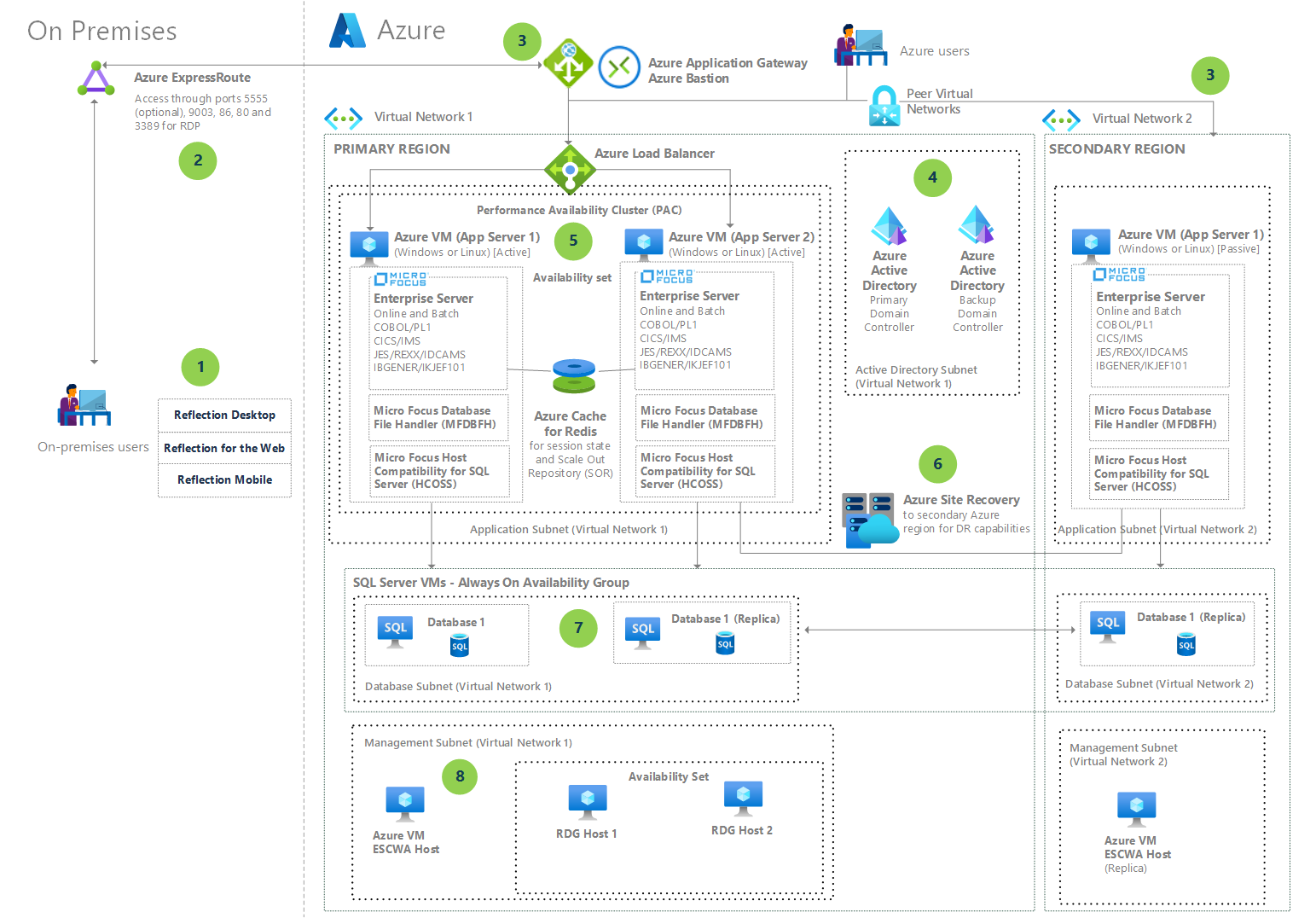

It offers a dashboard view of all relevant information and notifies users about resource modifications that occur within a company.Micro Focus Voltage and Entrust solutions combine to deliver a comprehensive end-to-end data protection approach. Together they help eliminate the traditional deployment and scale issues that have plagued data protection projects in the past. They ensure that organizations can achieve the performance and security required, easily demonstrate compliance, and where possible minimize the scope of audits to external requirements such as PCI DSS. NNMi is specifically built for the exception-based management paradigm, which enables you to focus on priority tasks quickly.
What Is Micro Focus How To Create Your
This can depend on whether the 'new' programs are to run on the same system as the 'old' ones (by compiler used). There could be coding differences. This secures not only sensitive data but the data protection system itself from compromise.Micro Focus is one of the worlds largest enterprise software providers. We deliver trusted and proven mission-critical software that keeps the digital world. This map was created by a user. Learn how to create your own.Micro Focus PPM is an organizational tool that helps businesses maintain compliance and reduce expenditures.
By analysing microorganisms up close, microbiologists play a crucial role in combating disease, creating chemical products for agriculture, and even helping to keep the planet healthy.Whether you’re seeking work as a lead microbiologist with a pharmaceutical giant or want to work in infection control with the NHS, microbiology is a rewarding career with plenty of opportunities for professional growth.But what is it, exactly? To help your job search, we’ve put together this quick guide to microbiology jobs — and what it’s like to develop a career as a microbiologist.Microbiology is a branch of biological science that studies microorganisms (also known as microbes), which are microscopic unicellular or cell-cluster organisms and infectious agents.The different types of microbes studied by microbiologists include bacteria, archaea, viruses, eukaryotes, fungi, prions, protozoa and algae. It has been discontinued, but similar capabilities are supplied by Micro Focus by Dimensions RM.Though it sounds niche, microbiology is actually one of the most important sub-sectors of biology. Caliber by Micro Focus (formerly Borland Caliber), is an application requirement management offering. For COBOL on the UNIX system, we used Micro-Focus COBOL.What is Micro Focus Caliber (discontinued).

And, more recently, Barry Marshall identified the link between Helicobacter pylori infection and stomach ulcers. Alexander Fleming discovered penicillin. Robert Koch identified the causes of cholera, tuberculosis and anthrax. Edward Jenner invented the world’s first smallpox vaccine.
Studying the prevention, diagnosis and control of infections and specific diseases Depending on the employer, this can include: Microbiology research will also help to answer big questions such as 'how diverse is life on Earth?', and 'does life exist elsewhere in the Universe'?”The essential ongoing work of microbiologists includes making agriculture more sustainable, cleaning up pollution, manufacturing biofuels, and processing food and drink.With the threat of antibiotic-resistant bacteria and global pandemics on the rise, microbiologists are also helping to produce the vital life-saving drugs that many people around the world rely on for survival.Microbiologists aim to solve a range of problems affecting our health, the environment, climate and food and agriculture.
Writing research papers, reports and reviews Collecting, analysing and interpreting key data Preparing samples and tracking microbe development in a range of controlled environments Most microbiologists work on a full-time, 9-to-5 schedule. Understanding the role that microbes play in climate changeMicrobiologists typically spend most of their time in a hospital, office or laboratory environment, where they conduct specific experiments and analyse the results.
The pharmaceutical and water industriesWhat does a microbiologist do in a hospital?Microbiologists based in a hospital environment support and oversee the diagnosis, prevention and treatment of the spread of infection. Key employers of microbiologists in the UK include: Managing laboratories and ensuring high health and safety standardsDay-to-day responsibilities can vary depending on the industry, employer or location.Microbiologists work in a number of sectors, from healthcare, pharmaceuticals and biotechnology to government, education and the environment.
They then collaborate closely with scientists in the laboratory to identify the pathogens causing the infection. This helps to reduce the risk of antimicrobial resistance emerging and spreading in a hospital.Secondly, they advise on which samples — such as a swab, urine sample or blood test — should be collected to diagnose an infection. Firstly, they advise patients on medication adherence and produce treatment guidelines to make sure that antibiotics are prescribed and used appropriately.
It’s also possible to receive training in specialist areas such as infections and tropical medicine.Academic achievement alone will not be enough for most mid-to-senior-level microbiologist positions. The Microbiology Society and the Society for Applied Microbiology offer grants to support students seeking work experience.On top of a degree, employers look for qualifications such as the UK Foundation Training Programme or equivalent, Core Medical Training (CMT) and the Acute Care Common Stem (ACCS) pathway. In other industries, a PhD isn’t mandatory but many employers look for supplementary experience of working with specialised techniques.


 0 kommentar(er)
0 kommentar(er)
